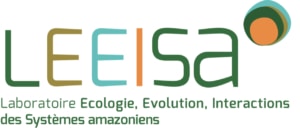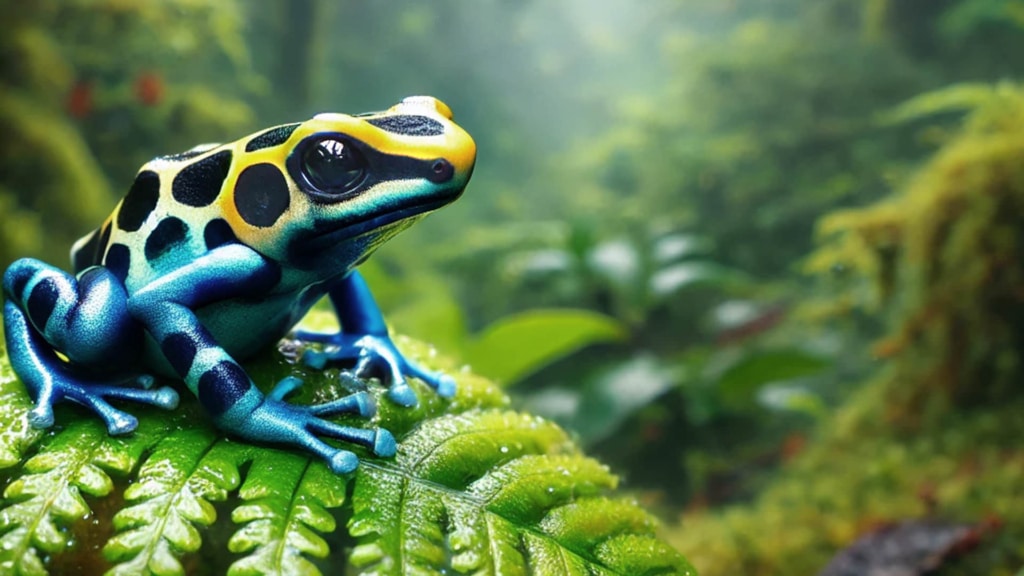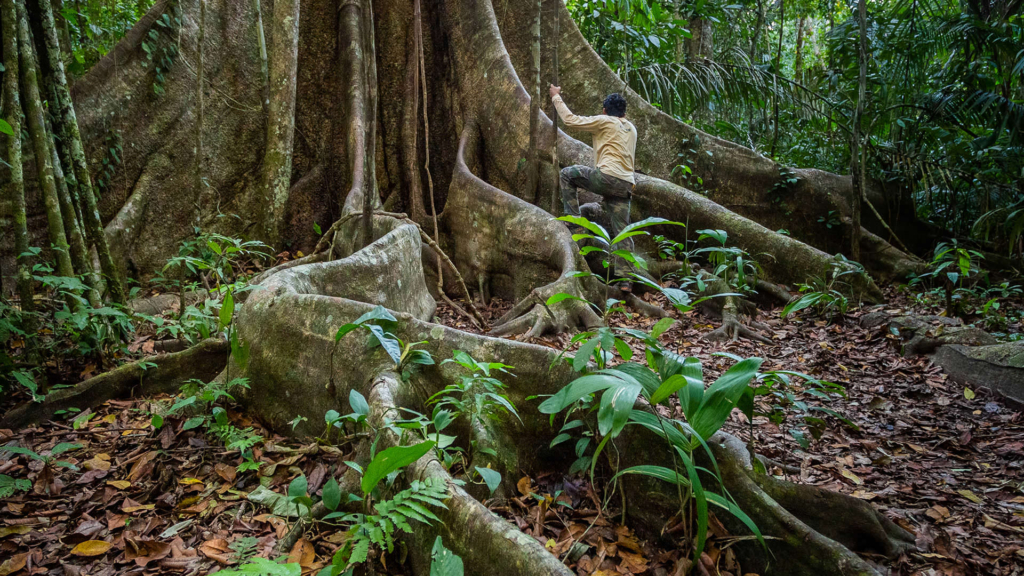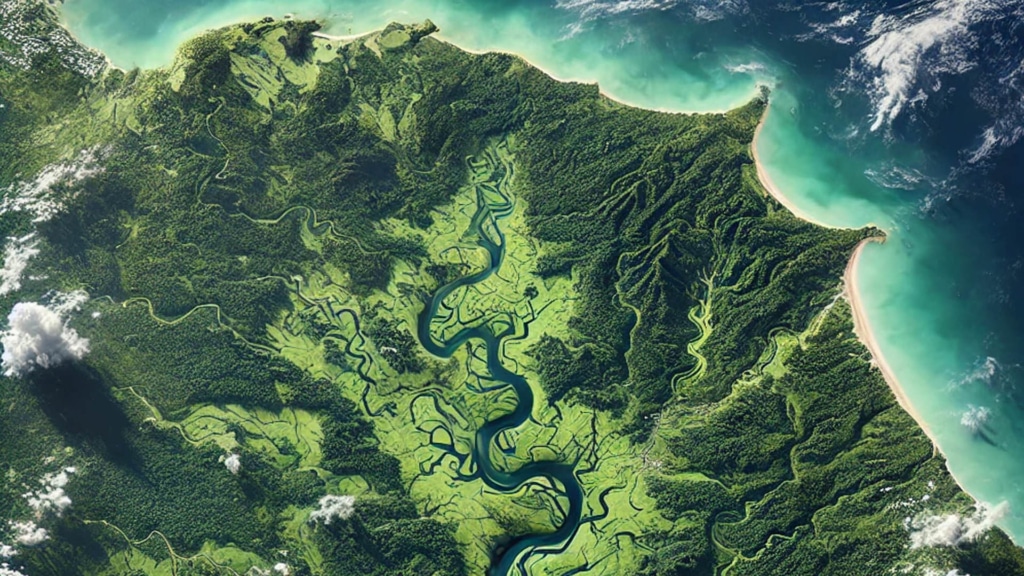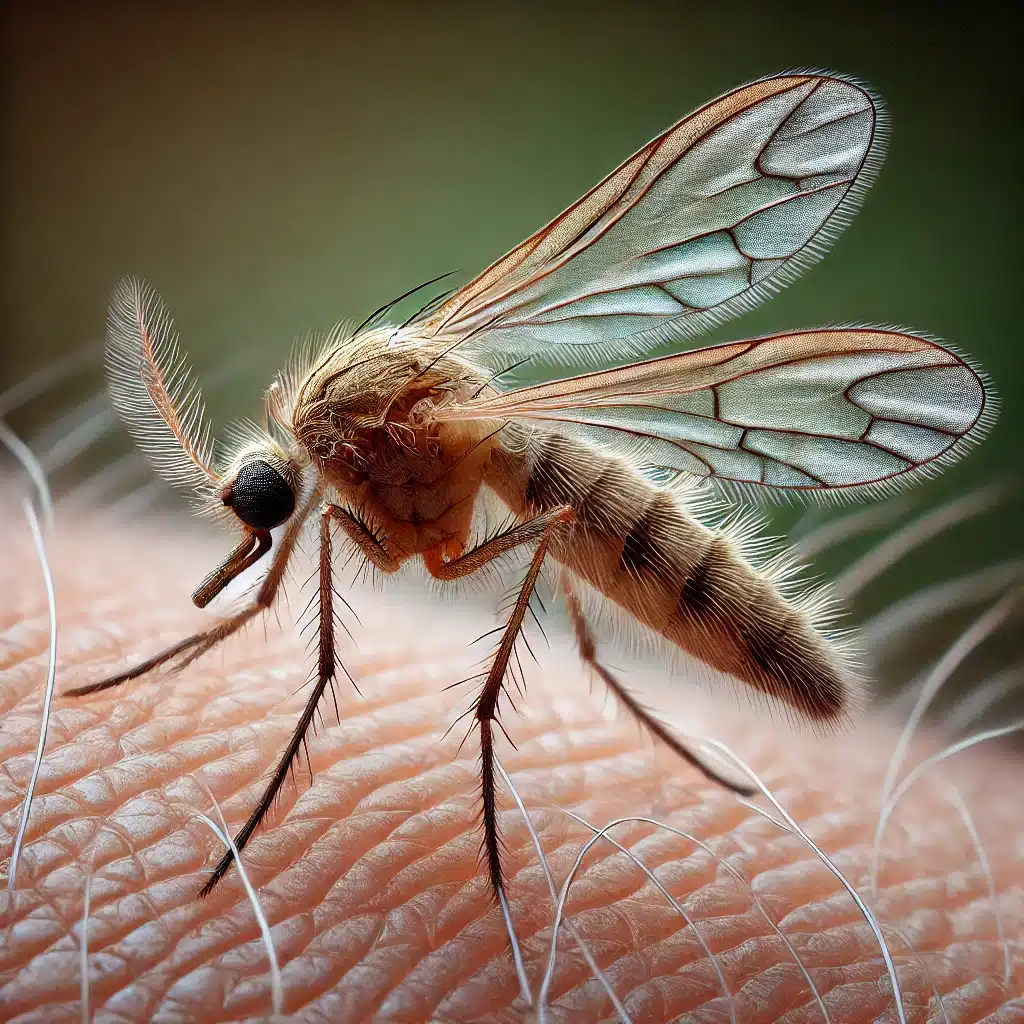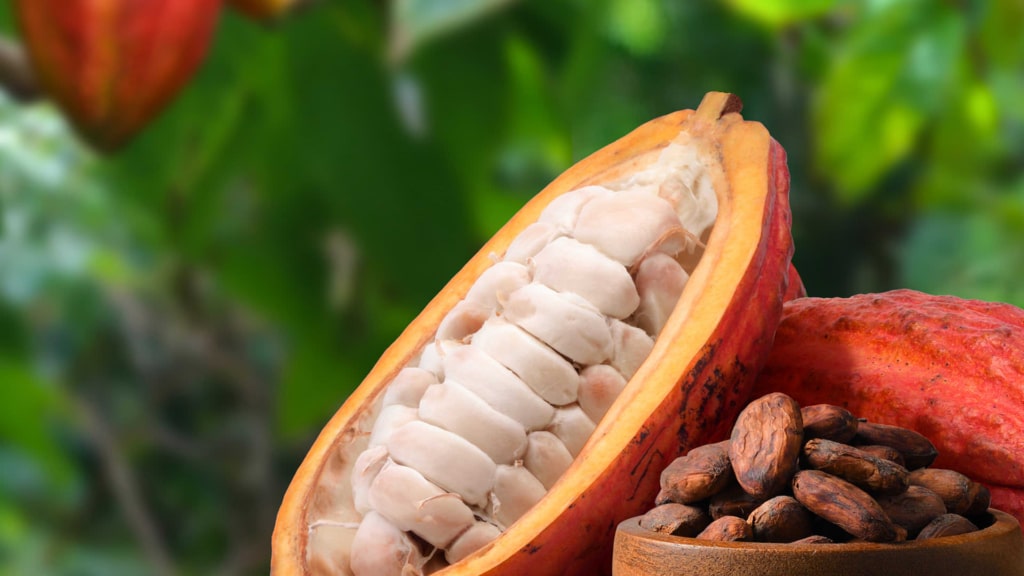Application and registration 2025 à l’Université de Guyane
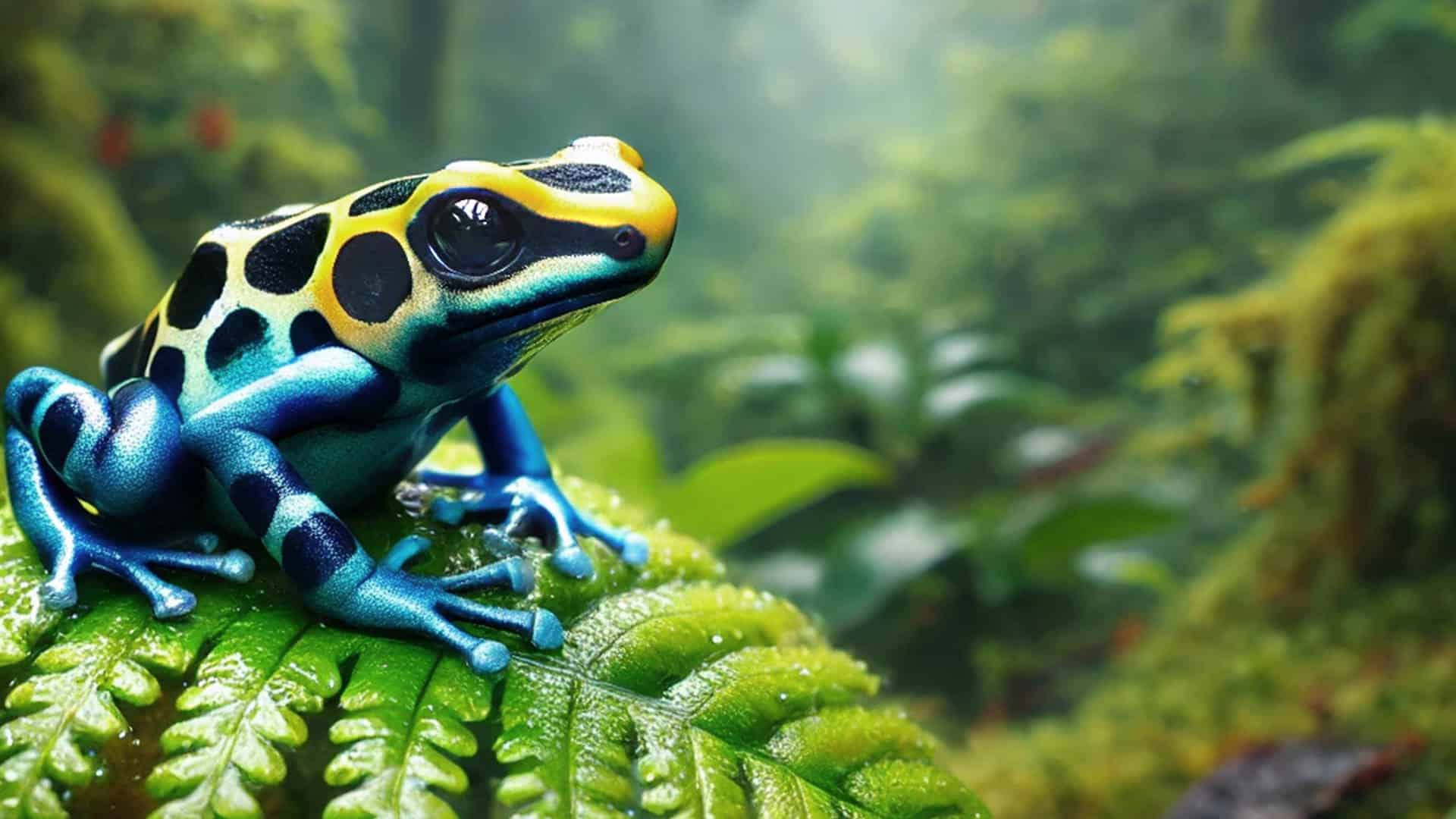
Lhe LEEISA (Ecology, Evolution, Interactions of Amazonian Systems Laboratory) is a scientific research laboratory created in French Guiana in January 2016 by bringing together forces from the CNRS, the University of French Guiana and Ifremer. It brings together researchers and administrative and technical staff from these institutions. With a strong interdisciplinary scientific focus, its aim is to understand the dynamics of ecosystems and societies in Amazonia. LEEISA is based in Cayenne on the Montabo research campus, and carries out research at various sites in French Guiana and more widely in Amazonia.
Presentation of the laboratory
LEEISA (Laboratoire Ecologie, Evolution, Interactions des Systèmes Amazoniens) is a scientific research centre located in Cayenne, French Guiana. It brings together resources from the CNRS, the University of Guiana and Ifremer. Its main objective is to study Amazonian socio-ecosystems.
The laboratory is structured into scientific teams and support platforms, organised around three major themes: Amazonian biodiversity, interactions between humans and their environment, and the coastline influenced by the Amazon. An interdisciplinary dynamic runs through these themes, with an emphasis on adaptation to global change, as well as reflection on ethics and deontology in scientific practices.
In 2024, LEEISA will have 48 members of staff, including 43 dedicated to scientific and technical activities: 17 researchers and teacher-researchers, 14 PhD students and 12 engineers and technicians working on scientific programmes and platforms. Five staff are responsible for administrative and communication functions.
The laboratory's annual budget is approximately €2.5 million (excluding permanent staff salaries). It is financed to the tune of 20 % by state subsidies (endowments from public establishments) and 80 % by its own resources, mainly from funding obtained through competitive calls for projects (including the salaries of contract staff).
How it works
The laboratory is structured around three thematic areas: Amazonian biodiversity, Human-environment interactionsand Coastline under Amazonian influence. Each division is supported by a dedicated scientific team, which conducts research and manages support platforms. All the laboratory's components are driven by an interdisciplinary dynamic, centred on LEEISA's main scientific objective: understanding Amazonian socio-ecosystems.
Management
LEEISA, a Support and Research Unit (UAR), has been headed since 1 January 2024 by Antoine Gardelresearch director at the CNRS. In addition to his duties at LEEISA, Antoine Gardel is deputy scientific director of the CNRS and also acts as regional correspondent for the institution.
Training
The laboratory welcomes students of all levels, from Bac-3 (discovery work placement in 3rd year class) to Bac+8 (doctorate). It offers training "through research", as part of the university curriculum LMD (Bachelor's, Master's, Doctorate), and prepares candidates for theHDR (Habilitation to direct research). LEEISA also organises theme schoolsoffering specialised training for researchers.
Contact
LEEISA mixed PSU - Montabo Research Centre: 275, route de Montabo - BP 70620 - 97334 CAYENNE cedex - T 0594 29 20 03
UAR LEEISA
Area of research :
Amazonian biodiversity, human-environment interactions and the Amazonian coastline
Reporting structure(s) :
Supervision: University of Guyana
-
Antoine Gardel
Director
Fabian Blanchard
Deputy Director
Marie-Christine Michel
Administrative manager

